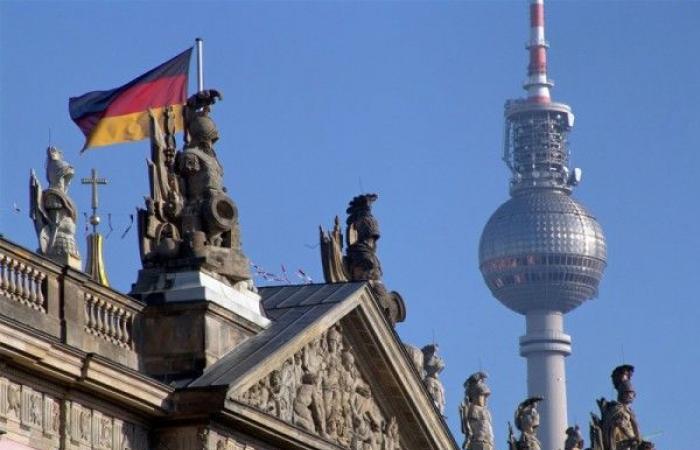The closely followed indicator for the economic situation lost 0.8 points in November to settle at 85.7 points, after a rebound in October which followed four months of decline.
The morale of entrepreneurs in Germany fell again in November, more than expected, the uncertainty linked to the early elections in the country and the victory of Trump in the United States adding to the economic gloom, according to the IFO barometer published on Monday.
The closely followed indicator for the economic situation lost 0.8 points in November to settle at 85.7 points, after a rebound in October which followed four months of decline.
Analysts surveyed by the Factset platform expected a more measured drop in the index to 86.0 points.
The IFO institute surveyed a panel of 9,000 entrepreneurs for the first time after the ruling coalition in Berlin collapsed, a prelude to early elections in February, and the large electoral victory of Donald Trump whose program is strongly colored of protectionism.
As a result of this election, “a new headwind risks blowing over the German export industry, already severely affected,” comments Philipp Scheuermeyer, chief economist at KfW.
And until a new government is formed in Germany, a “prolonged period could arise during which German politics would be virtually incapable of reacting, let alone providing impulses,” he continues.
The drop in the IFO index in November “is mainly due to a more negative assessment of the current situation”, particularly in the manufacturing industry, summarizes Clemens Fuest, president of the institute.
Services, which include the logistics, tourism and IT sectors, and construction, which has suffered for years from high prices and borrowing rates, are also sending out pessimistic signals.
Only trade confirms a glimmer of optimism, although the mood remains at a low level.
German economic activity grew by only 0.1% in the third quarter, according to the Destatis institute, which revised the initial estimate downwards last week, confirming the country’s stagnation.






